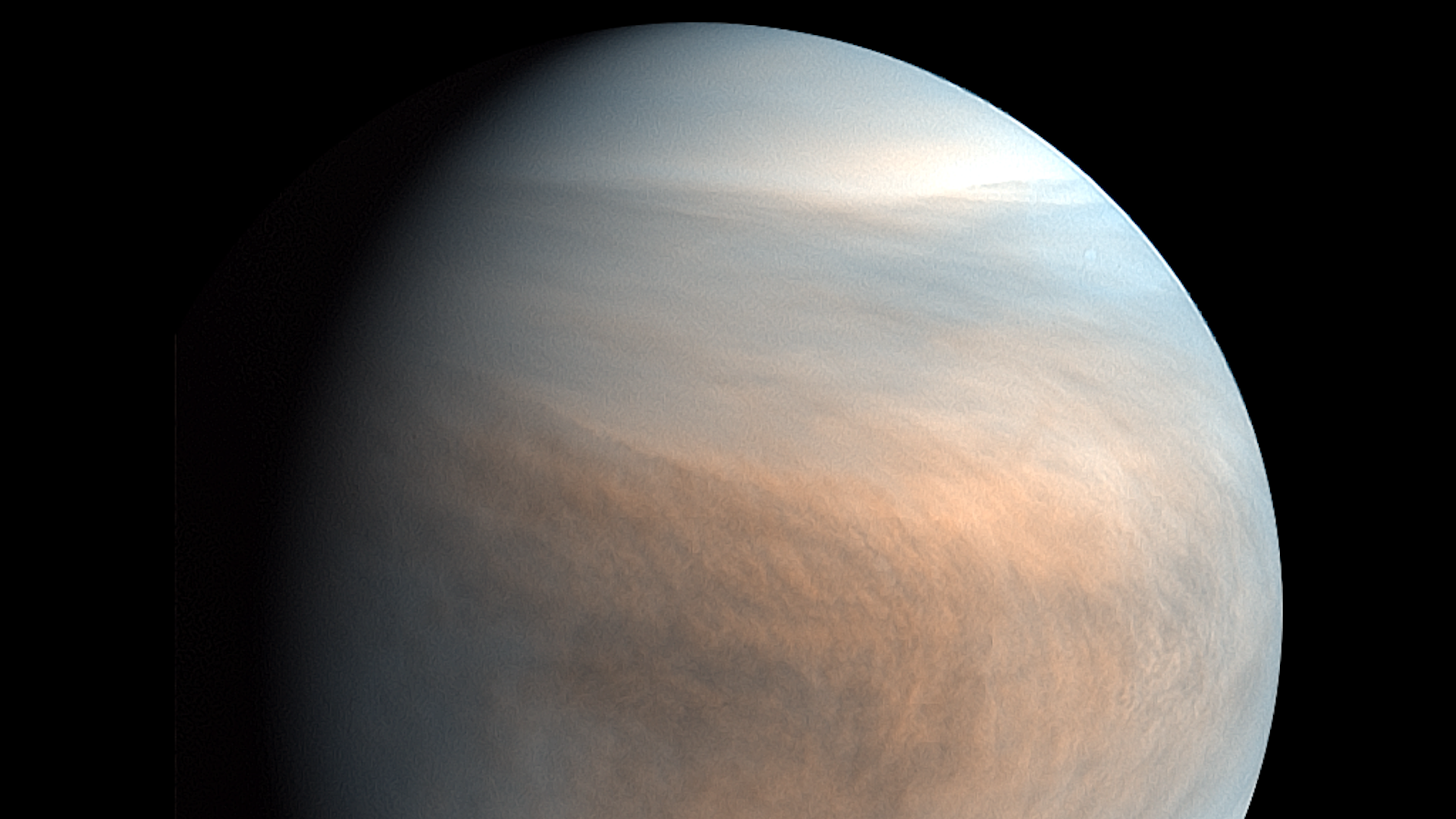Scientists are of the idea that they will find signs of life on Venus. They aim to send new missions to explore Venus and seek regions of habitability, signs of life, and perhaps even life itself somewhere in the planet’s atmosphere.
If the mission turns out to be successful and acquires funding, it will take Space Race 2.0 to another level, making it interplanetary.
Humans have always thought of Venus to be habitable as it has some unexplained atmospheric chemical anomalies like the “mysterious UV-absorber”, the apparent abundance of O2, SO2, and H20, and more.

“Our proposed series of VLF (Venus Life Finder) missions aim to study Venus’ cloud particles and to continue where the pioneering in situ probe missions from nearly four decades ago left off,” read the study’s abstract.
The VLF mission aims to send three probes directly to Venus’ atmosphere, and each is designed to optimize its equipment to meet the needs of different investigations. The mission concepts came on the heels of an 18-month study led by MIT and involved a consortium of global researchers.
“Remarkably, it has been nearly 40 years since the last Venus in situ measurements,” read the study. “Russian Vega balloons and landers flew in 1985 and the U.S. Pioneer Venus probes flew in 1978. The entire scientific field of astrobiology has sprung up in the interim,” which means the time is ripe for a privately-financed suite of goal-oriented missions to Venus could seize on an open window in mission architectures surrounding the planet, executing “high-risk, high-reward science, which stands to possibly answer one of the greatest scientific mysteries of all, and in the process pioneer a new model of private/public partnership in space exploration.”
These days, space tourism is being facilitated by public-private partnerships, where aerospace firms like Elon Musk’s SpaceX design, build, and operate spacecraft with money from the federal government, and NASA. In other words, your tax dollars.
However, none of these missions have gone beyond earth and the moon so far. if the funding for the Venus mission gets approved, it will be transformational.


